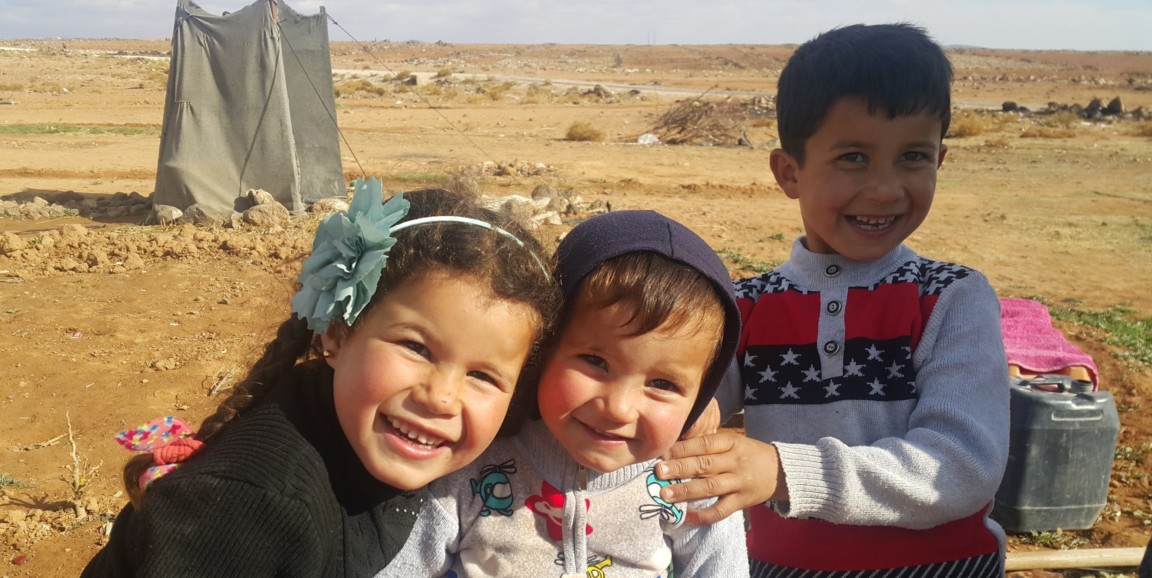Horrific images of children gasping for breath and bodies sprawled out on floors and in stairwells — victims of a suspected chemical attack in Syria last Saturday — are a stark reminder of the continuing displacement crisis around the world, believes Laila Soudi, project lead for the Stanford Refugee Research Project.
"The stories I hear are just heartbreaking," said the Jordanian-born Soudi, who spoke over the weekend with her connections in the rebel-held suburb of Douma, the site of the suspected attacks. In Syria alone, 11 million people have been displaced by the now eight-year civil war. "People are telling me, 'We're ready to die. We’re so tired and so hopeless. It’s not getting any better.'"
Soudi, who worked last year as both as an activist and mental health researcher at Stanford with Syrian refugees in Lebanon and Jordan, returned to campus in the fall to help build the fledgling refugee project — an effort to determine what resources the university has available to help empower refugees in the ongoing refugee crisis, particularly in the Mideast.
"We’re seeing the forced migration of 65 million people worldwide," said Katherine Burke, deputy director of the Stanford Center for Innovation in Global Health, where the project is based. "It's at the highest levels since World War II. This project is an attempt to determine how Stanford resources can best impact vulnerable refugee populations."
Since September, student research ambassadors have been conducting research on how to help. A fact-finding team traveled to Lebanon and Jordan and reported back on the critical needs of refugees there. The team has also compiled information on the various resources for refugees already available at Stanford and are determining how collaborations might be built across campus. They're collecting information on potential engagement opportunities for students, and on May 17, they'll host a campus event featuring refugees telling their own stories to help broaden awareness of the crisis.
“Refugee needs are expansive,” said Soudi, whose father is from Syria and mother is a Palestinian refugee. “They need legal protection, housing, and health services... The list goes on and on.”
Media reports on the alleged current chemical warfare atrocities in Syria should only further impress upon the world, and the Stanford community, the need for action to prevent more suffering, Soudi said. She spoke of the endless firsthand stories she’s heard from Syrians who escaped the trauma of civil war only to live displaced lives year after year without a home, without schools, without clean water, basic medical care, or employment.
"I would ask people why they had symptoms of depression or anxiety," Soudi told me. "They would tell me, 'I don't have a job. It's illegal for me to work. My kid can't read, and he's 11 years old.'"
Reports from opposition activists and aid workers of yet another chemical attack by the Syrian government, this one killing more than 40 people, has left her at a loss as to what can be done, Soudi said.
"It's just a level of inhumanity that I honestly never thought was possible," she told me. "This displacement crisis is far from over. Syrians need support more than ever before, and there will be a continuing role for Stanford."
Photo of children in Jordan courtesy of Laila Soudi




